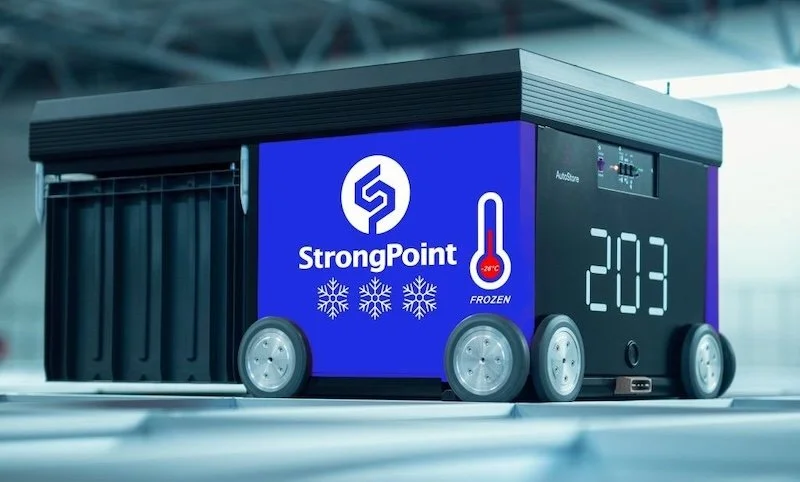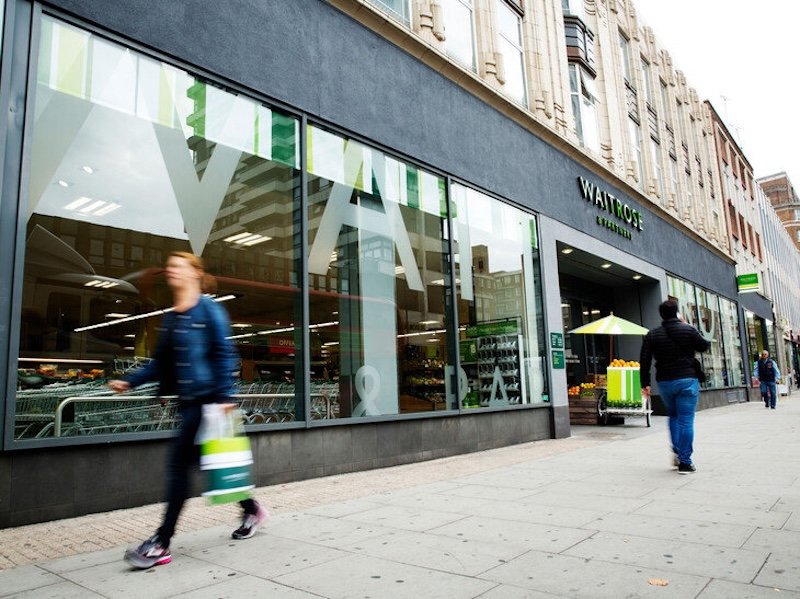What role does sustainability play in modern tech retail?
In 2024, tech retailers are navigating a transformative path toward sustainability. The landscape is changing with each innovative decision that businesses make.
Consumers expect greener practices and eco-friendly products. And companies respond with smart solutions. How do these trends influence modern retail technology?
Consider reading on to uncover practical insights into how the drive for sustainability shapes operational efficiency and cuts down on resource use in tech retail today. These shifts not only benefit the planet, but also enhance brand reputation and consumer trust.
Technology innovations that enhance sustainability
Modern tech has been at the forefront of revolutionising sustainable practices. By developing energy efficient devices and implementing green technology, retailers reduce waste and lower their carbon footprint. Retail giants invest in renewable resources, enhancing both environmental responsibility and operational efficiency.
Streamlining operations becomes crucial, with systems like lawn care CRM software aiding specialized businesses in managing routes effectively while reducing paper use through automation for tasks like scheduling and invoicing.
This technology demonstrates how integrating digital solutions not only optimises processes but also aligns business strategies with eco-friendly goals.
Eco-friendly packaging solutions in tech retail
With landfills having been an environmental menace for long, one thing’s for sure. Eco-friendly packaging becomes a beacon of change. In tech retail, sustainable materials replace plastics and non-biodegradable components.
Companies now explore innovative packaging like compostable films or recycled paper options to protect products without harming the environment.
Brands gain consumer loyalty by showcasing their commitment to sustainability through thoughtful design choices. This shift not only reduces waste but also aligns with consumer values, boosting brand image and trust.
Ultimately, these eco-conscious efforts mark a positive step toward a more sustainable future in retail.
Energy efficient retail spaces and their impact
It’s hard to talk about sustainability without covering power consumption. Energy-efficient retail spaces are transforming tech stores into greener environments.
By incorporating LED lighting, smart thermostats, and energy management systems, retailers drastically reduce energy use while maintaining a comfortable shopping experience.
The investment in such technologies not only decreases operational costs but also reduces greenhouse gas emissions. These savings help retailers pass benefits onto consumers through competitive pricing while simultaneously building a responsible brand image committed to environmental stewardship.
Sustainable sourcing of raw materials in tech products
Tech companies increasingly prioritize sustainable sourcing, recognising the environmental and social impact of raw materials. This commitment leads to a transformation in procurement practices through, for instance:
● Fair-trade certified metals
● Recycled plastic components
● Conflict-free minerals
● Renewable bioplastics
Each initiative plays a significant role in reducing ecological damage and promoting ethical supply chains. These materials lessen reliance on non-renewable resources while ensuring that labor conditions meet ethical standards.
Such transparency not only benefits the environment but also strengthens consumer trust and loyalty, enhancing brand reputation globally.
The role of digital platforms in reducing carbon footprint
As the retail landscape increasingly goes digital, the planet also benefits significantly. Online platforms reduce reliance on physical stores, cutting emissions linked to transportation and energy use.
Cloud-based solutions further minimise hardware needs, shrinking tech's carbon footprint by enabling remote work and virtual operations.
Innovations like AI-driven logistics optimise delivery routes, decreasing fuel consumption during distribution. These digital shifts reflect how technology continues reshaping sustainability efforts, contributing to a cleaner environment while meeting consumer demands for eco-conscious practices.
Recyclable electronics and their influence on the market
Among the four R's in environmentalism, recycling stands out as a key factor for electronics. Tech companies now design products with end-of-life recycling in mind, utilizing components that are easily dismantled and reused.
By embracing modular designs and eco-friendly materials, they minimize e-waste harmful impact.
Programmes promoting take-back initiatives encourage consumers to recycle old devices responsibly. This cycle fosters a sustainable ecosystem where valuable materials return to production lines instead of landfills, paving the way for more responsible technology consumption patterns.
Consumer demand for green technology products
As environmental awareness grows, consumers increasingly seek technology that aligns with their values. This shift drives demand for green tech products that incorporate sustainable practices, such as:
● Solar powered chargers
● Energy-efficient appliances
● Biodegradable phone cases
● Smart thermostats
These innovations offer more than just eco-friendliness; they provide practical solutions to reduce energy consumption and waste.
In turn, the trend encourages manufacturers to focus on sustainability in their product lines, ultimately influencing broader industry standards and promoting a culture of environmental responsibility within the tech sector.
Cost benefits of sustainable practices for retailers
Beyond the fulfillment that comes from environmental stewardship, tech retail businesses realize benefits in one crucial area from their sustainability efforts: financial savings. By integrating eco-friendly practices, retailers uncover cost-effective advantages such as:
● Reduced energy bills through efficient lighting and HVAC systems
● Lower waste management expenses by minimizing packaging
● Savings on raw materials via recycling programs
Clearly, these strategic implementations offer significant monetary rewards while enhancing operational efficiency.
Additionally, aligning with sustainable standards can lead to potential tax incentives and rebates, reinforcing a commitment to greener practices without compromising profitability within the competitive retail landscape.
Sustainability's role in tech retail proves vital as both a moral responsibility and a business strategy. By adopting green practices, retailers not only protect the planet but also achieve financial gains. This demonstrates that eco-conscious efforts are essential for thriving in today's environmentally aware market.































Continue reading…